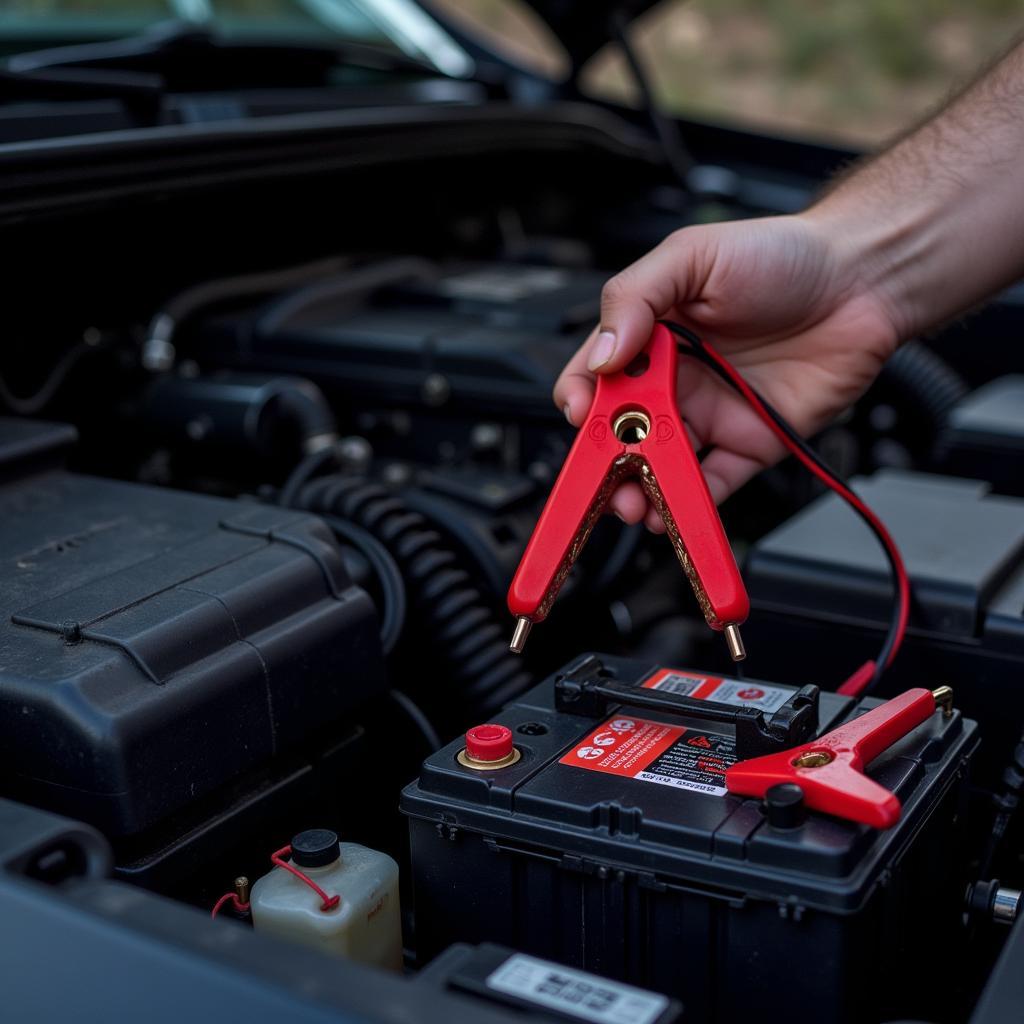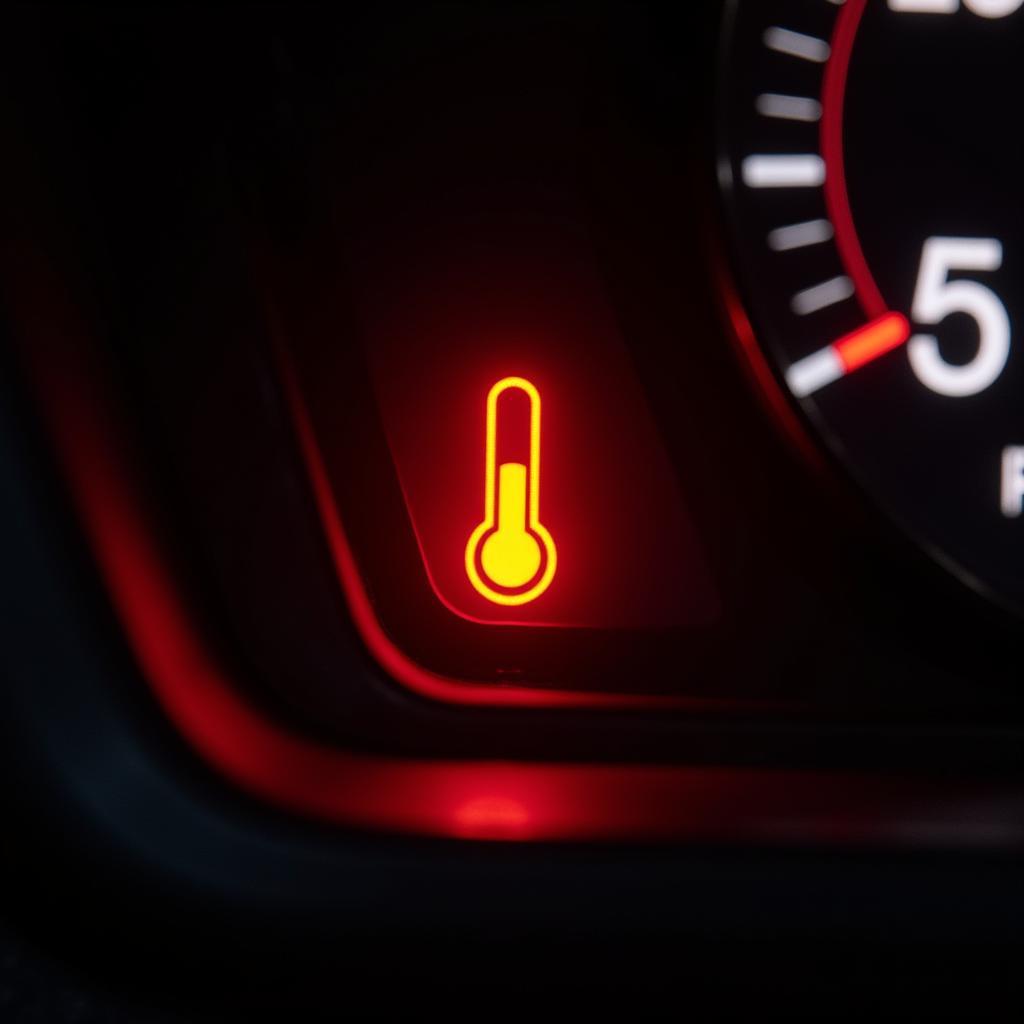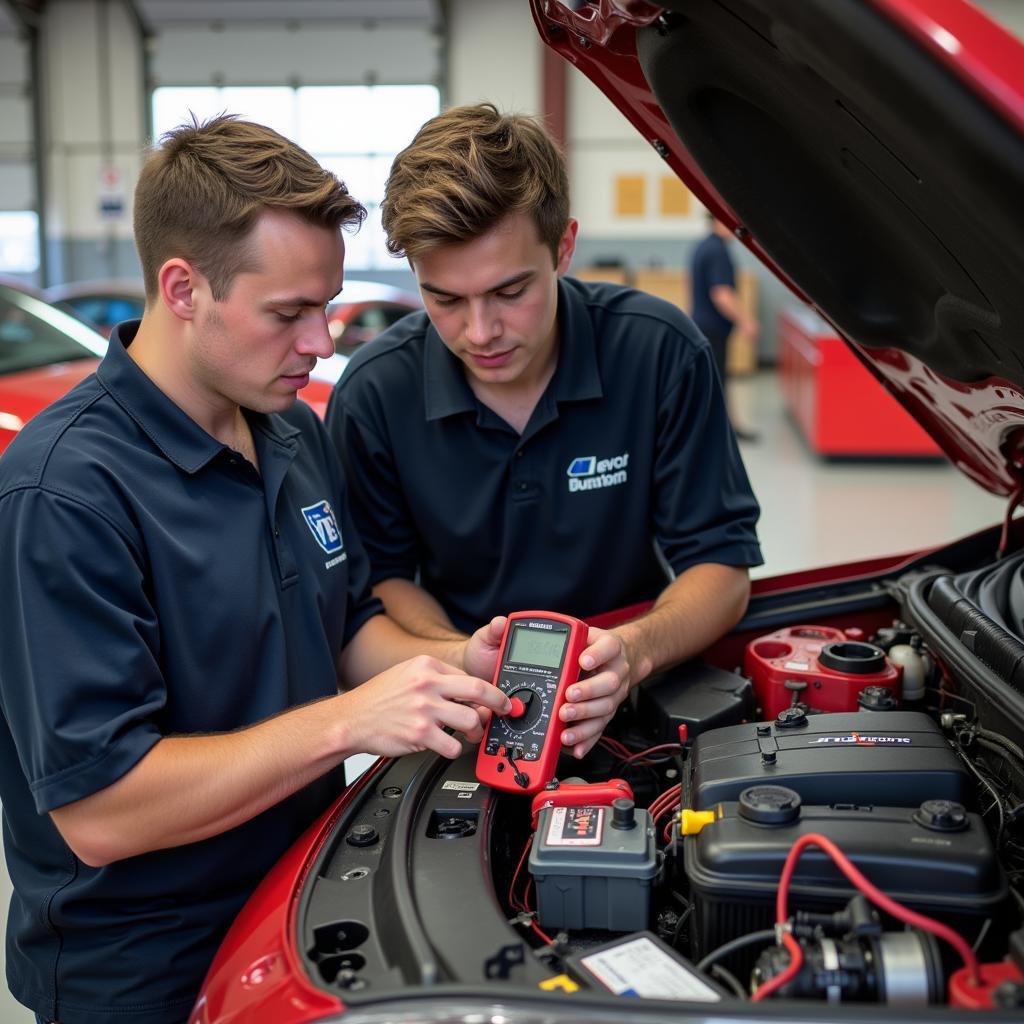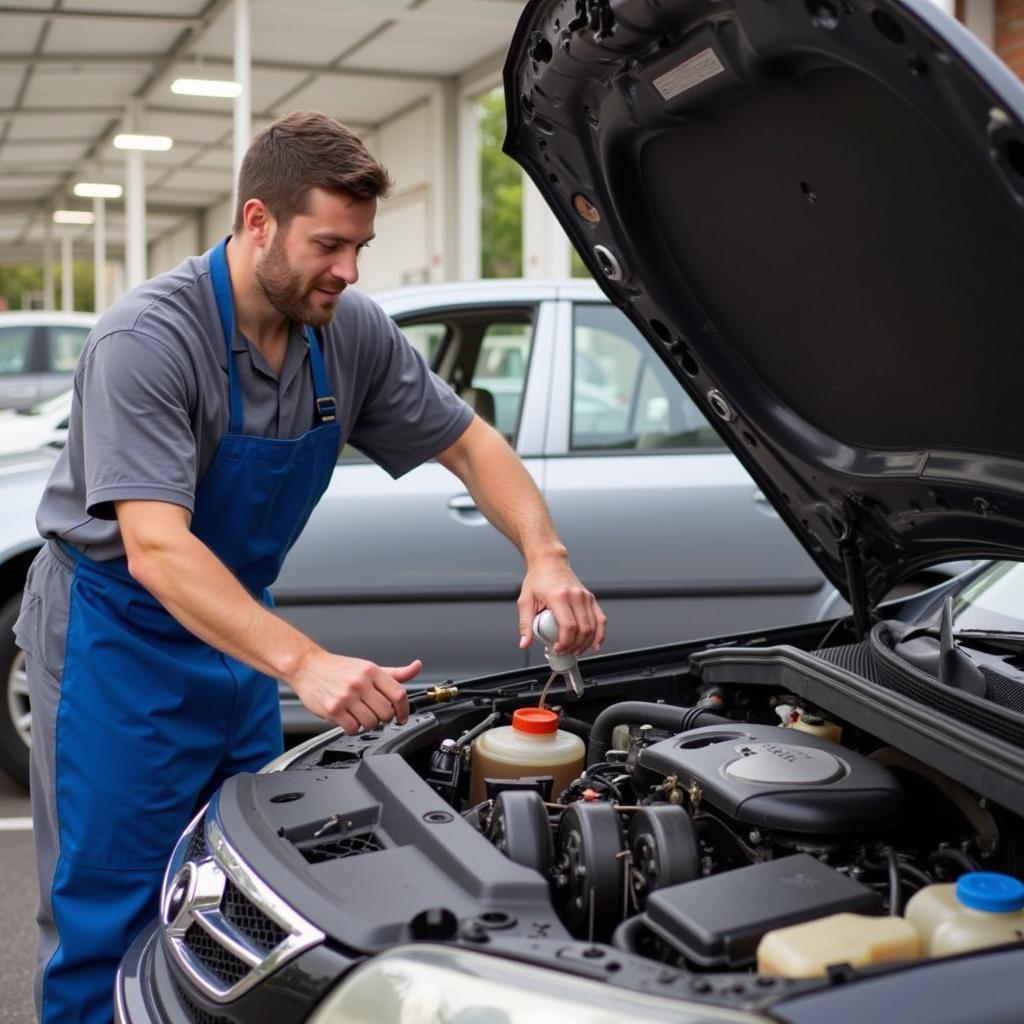Keeping your car in good condition is essential for both safety and peace of mind. However, even the most well-maintained vehicles can encounter problems. It’s important to be aware of common car issues so you can identify them early and prevent major repairs. In this article, we’ll delve into the most frequent problems that car owners face and provide useful tips for diagnosis and prevention.
Engine Troubles
Engine Not Starting
If your car won’t start, the problem could be as simple as a dead battery or as complex as a faulty engine control module. Some common causes include:
- Dead battery: This is the most common reason for a car not starting. Check the battery terminals for corrosion and try jump-starting the vehicle.
- Faulty starter: The starter motor engages the engine and allows it to turn over. If the starter is damaged or failing, it won’t be able to crank the engine.
- Fuel system problems: Issues with the fuel pump, fuel filter, or fuel injectors can prevent fuel from reaching the engine.
- Ignition problems: A faulty ignition switch, spark plugs, or ignition coils can hinder the ignition process.
 Car Engine Not Starting
Car Engine Not Starting
Engine Misfires
An engine misfire occurs when one or more cylinders fail to ignite properly, causing a rough idle, loss of power, and potentially damaging engine components.
- Faulty spark plugs: Worn-out or fouled spark plugs are a common cause of misfires.
- Bad ignition coils: Ignition coils provide the spark to ignite the fuel-air mixture. A faulty coil can cause a misfire in the corresponding cylinder.
- Clogged fuel injectors: Dirty fuel injectors can prevent fuel from flowing properly, leading to misfires.
“It’s like having a few cylinders in your car missing a beat. It can make driving rough and even damage the engine if not addressed.” – Sarah Miller, Certified Mechanic
Engine Overheating
An overheated engine is a serious issue that can cause severe damage if not resolved immediately.
- Low coolant levels: Coolant circulates through the engine to absorb heat and prevent overheating. If the coolant level is low, the engine can overheat.
- Clogged radiator: The radiator cools the coolant by transferring heat to the air. A clogged radiator can prevent efficient cooling.
- Faulty thermostat: The thermostat controls coolant flow through the engine. A malfunctioning thermostat can prevent proper cooling.
 Engine Overheating Warning Light
Engine Overheating Warning Light
Transmission Problems
Transmission Slipping
Transmission slipping is a common issue that can result in a loss of power, a rough shift, or a burning smell.
- Low transmission fluid: Transmission fluid lubricates and cools the transmission. If the fluid level is low, the transmission may slip.
- Worn-out clutch plates: The clutch plates within the transmission are responsible for engaging and disengaging gears. Worn-out plates can lead to slipping.
- Faulty solenoids: Solenoids control fluid flow within the transmission. A malfunctioning solenoid can cause shifting problems.
Transmission Not Shifting
If your transmission isn’t shifting properly, you might experience delayed engagement, rough shifting, or the inability to shift into certain gears.
- Faulty transmission control module (TCM): The TCM controls the transmission’s operations. A defective TCM can cause shifting problems.
- Worn-out transmission components: The transmission contains various components that can wear out over time, leading to shifting issues.
“A car with transmission problems can be a real hassle. You might have to driving car with transmission problems carefully to avoid further damage.” – Mark Anderson, Automotive Specialist
Steering and Suspension Issues
Steering Wheel Vibration
Steering wheel vibration can be caused by a variety of factors, from worn-out tires to problems with the steering components.
- Uneven tire wear: Worn-out or unevenly worn tires can cause vibration.
- Wheel imbalance: Wheels that are not properly balanced can vibrate at certain speeds.
- Worn-out suspension components: Suspension components like ball joints, tie rod ends, and control arm bushings can wear out and cause vibration.
Steering Wheel Locked
A locked steering wheel can be a frustrating problem.
- Faulty steering column: The steering column connects the steering wheel to the front wheels. A faulty steering column can cause the wheel to lock up.
- Dead battery: In some vehicles, the steering wheel can lock if the battery is dead.
- Damaged steering wheel lock: The steering wheel lock prevents theft. If this lock is damaged, it can prevent the wheel from turning.
“A locked steering wheel can be a safety hazard, so it’s essential to get it fixed right away.” – Robert Williams, Automotive Consultant
Electrical Problems
Car Battery Problems
Battery problems are common, especially in older cars.
- Dead battery: A dead battery can prevent your car from starting.
- Battery corrosion: Corrosion on the battery terminals can impede the flow of electricity.
- Faulty battery charging system: A problem with the alternator or wiring can prevent the battery from charging properly.
Electrical System Malfunctions
Electrical problems can manifest in various ways, from dim headlights to complete power loss.
- Faulty wiring: Worn-out or damaged wiring can cause short circuits or other electrical issues.
- Bad fuses: Fuses protect electrical circuits from overloading. A blown fuse can interrupt the flow of electricity.
- Faulty alternator: The alternator generates electricity to power the car and charge the battery. A faulty alternator can lead to electrical problems.
Common Car Problems by Make and Model
Some car models are known for having certain common problems. For instance, cars with most problems 2013 provide insights into potential issues. It’s a good idea to research specific models and their known issues before purchasing a car.
How to Prevent Common Car Problems
Regular maintenance is the key to preventing many car problems. Here are some tips:
- Follow the manufacturer’s recommended maintenance schedule: This includes oil changes, filter replacements, and other essential services.
- Check your fluids regularly: This includes engine oil, transmission fluid, brake fluid, and coolant.
- Inspect your tires for wear and tear: Replace worn-out tires promptly to prevent safety hazards.
- Address warning lights promptly: Never ignore warning lights on your dashboard, as they could indicate a serious problem.
Conclusion
Car problems can be frustrating, but being aware of common issues and following preventative maintenance tips can help you avoid major repairs. If you encounter a car problem, it’s essential to seek professional help from a qualified mechanic.
At AutoTipPro, we’re dedicated to helping you keep your car in top condition. If you have any questions or need assistance, please contact us at +1 (641) 206-8880 or visit our office at 500 N St Mary’s St, San Antonio, TX 78205, United States.
FAQ
Q: What are the most common signs of a car problem?
A: Some common signs include engine noises, warning lights, reduced power, unusual smells, and fluid leaks.
Q: How often should I get my car serviced?
A: Follow the manufacturer’s recommended maintenance schedule, which typically includes oil changes every 3,000-5,000 miles.
Q: What are some common car problems for used cars?
A: Used cars can experience a wide range of issues, such as engine problems, transmission issues, and body damage. Typical used car problems are common, so it’s wise to have a mechanic inspect a used car before purchasing.
Q: How do I know if I need to replace my car battery?
A: If your car has trouble starting, the battery is likely weak. You can also test the battery’s voltage with a multimeter.
Q: What are some tips for avoiding car problems?
A: Regular maintenance, including oil changes, fluid checks, and tire inspections, can help prevent many car problems.







Leave a Reply